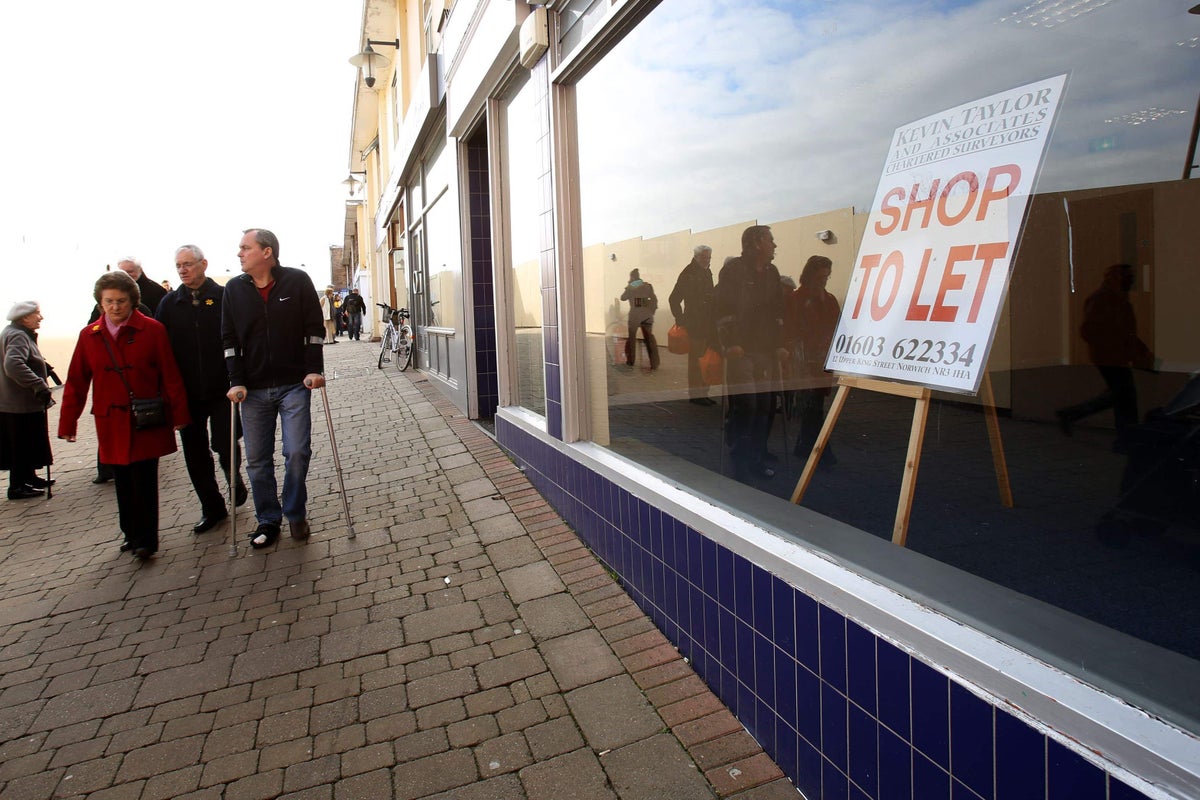Chancellor Rachel Reeves has voiced concerns that the UK economy feels “stuck” as the Treasury unveils plans to overhaul business rates, including measures to eliminate “cliff edges” for small firms.
The government is examining changes to the current system of business rates – the tax levied on commercial properties – as part of a broader drive to reduce bureaucracy and stimulate economic growth.
An initial report from the Treasury indicates a focus on reforming small business rates relief rules, which are currently seen as a disincentive to expansion and investment.
Under the existing framework, companies opening a second property often lose access to all small business rates relief unless they meet specific, narrow criteria.
This review comes amid increasing pressure from businesses and industry groups for a comprehensive reform of the system.
High street retail leaders, including those from John Lewis, reportedly met with Chancellor Rachel Reeves last week to advocate for a significant shake-up.

The calls for reform follow a recent increase in business rates bills for hospitality, retail, and leisure firms in April, when a 75 per cent discount on payments was reduced to 40 per cent.
The Government said it will also consider other ways to improve business rates following the merger of the Valuation Office Agency with HMRC.
It said it is considering changing the way the tax is calculated to further minimise cliff edges and enhancing improvement relief given to businesses who invest in properties.
Ms Reeves said: “Our economy isn’t broken, but it does feel stuck. That’s why growth is our number one mission.
“Tax reforms such as tackling cliff edges in business rates and making reliefs fairer are vital to driving growth.
“We want to help small businesses expand to new premises and building an economy that works for, and rewards, working people.”
Kate Nicholls, chairwoman of UKHospitality, said: “For too long, the broken business rates system has unfairly punished hospitality businesses and I’m pleased that the Government is taking action to reform it.
“These measures to remove punitive cliff edges and barriers to investment are positive and will help to rebalance the system, as will the Government’s commitment to lower business rates bills for hospitality businesses.”

British Retail Consortium chief executive Helen Dickinson said the business rates system is “outdated, overly complex and economically damaging”, and she welcomed Government ideas for reform.
She said: “But for retail businesses, the most pressing question is how the Government’s plan for a permanent business rates reduction for retail, hospitality and leisure premises will be implemented.
“Currently, retailers account for 5 per cent of the economy yet pay over 20% of the total business rates bill, which is why such reforms are desperately needed.
“Until we get clarity on these changes, which isn’t expected until the Budget, many local investments in jobs and stores are being held back.”




